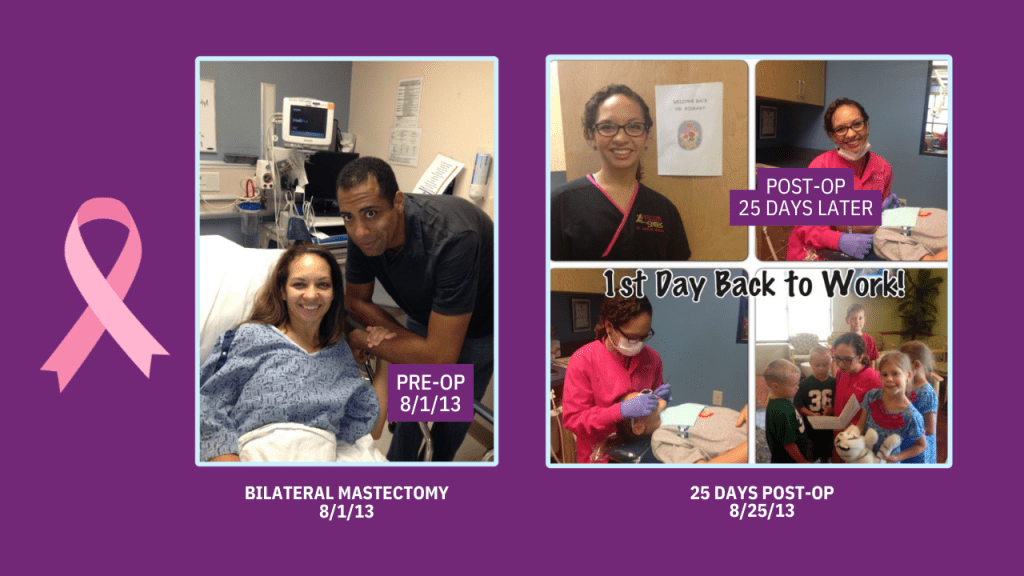October marks Breast Cancer Awareness Month, a time dedicated to raising awareness, sharing knowledge, and supporting those affected by this life-altering disease. As many of you know, breast cancer is a deeply personal topic for me. Having survived this journey, I feel compelled to share not only my story but also valuable insights that could help you or your loved ones.
Understanding the Connection: Stress and Cancer
Recent research has increasingly highlighted the connection between chronic stress and cancer. A study published in 2021 by the National Cancer Institute (NCI) explored how stress can potentially contribute to cancer development and progression. The researchers found that stress hormones like cortisol can promote inflammation and alter cellular processes, potentially leading to the growth and spread of cancer cells. For more details on this research, you can read the full article here.
The Importance of Identifying and Eliminating Stress
Living a stress-free life might sound like a luxury, but identifying and managing stress is crucial for our overall health and well-being. Here are key areas in life where stress often manifests and steps you can take to address them:
- Work and Career: Long hours, tight deadlines, and workplace conflicts can contribute significantly to stress. Aim to set realistic goals, take regular breaks, and establish a healthy work-life balance. To effectively eliminate stress in healthcare professionals dealing with rude or verbally abusive patients, it is crucial to establish clear communication protocols and conflict resolution strategies that empower staff to respond assertively yet compassionately. Creating a supportive team environment, where colleagues can share experiences and coping strategies, fosters resilience and helps mitigate the feelings of isolation that can arise. Additionally, advocating for reasonable call schedules and adequate breaks allows healthcare workers to recharge, leading to improved mental well-being and enhanced patient care.
- Relationships: Personal relationships can be a source of both joy and stress. Communicate openly, set boundaries, and seek professional counseling if needed.
- Financial Concerns: Money-related stress is common. Create a budget, seek financial advice, and focus on long-term planning to alleviate financial burdens.
- Health and Wellness: Neglecting your physical health can exacerbate stress. Prioritize regular exercise, a balanced diet, and adequate sleep.
- Time Management: Poor time management can lead to feelings of being overwhelmed. Use tools like calendars and to-do lists to organize your tasks and manage your time effectively.
- Emotional Well-being: Mental health is just as important as physical health. Practice mindfulness, meditation, or yoga to maintain emotional balance.
- Environmental Factors: Your surroundings can influence your stress levels. Create a calm and organized living space to promote relaxation and reduce stress.
Surviving Breast Cancer

Having battled breast cancer, I understand the emotional and physical toll it can take. The experience taught me the invaluable lesson of recognizing and managing stress. It wasn’t an easy journey, but with the support of my family, friends, and faith, I emerged stronger. Today, I am committed to spreading awareness and helping others navigate their paths toward wellness.
Conclusion and Reflection
As we observe Breast Cancer Awareness Month, let’s remember that awareness and early detection save lives. Understanding the role of stress in our lives and taking proactive steps to manage it can be a powerful tool in our fight against cancer.
I encourage you to reflect on your life:
- What areas do you find most stressful?
- How can you better manage these stressors?
- Are there habits or routines you can change to promote a healthier lifestyle?
Your health and well-being are paramount. Take this opportunity to evaluate where you can make positive changes and seek support when needed. Together, we can create a community that not only survives but thrives.


